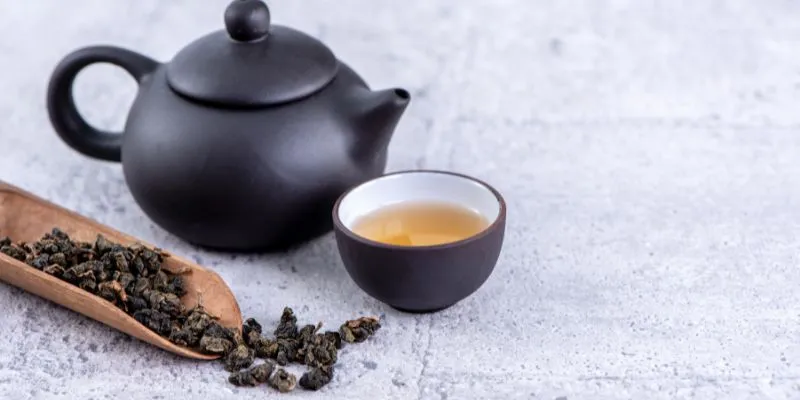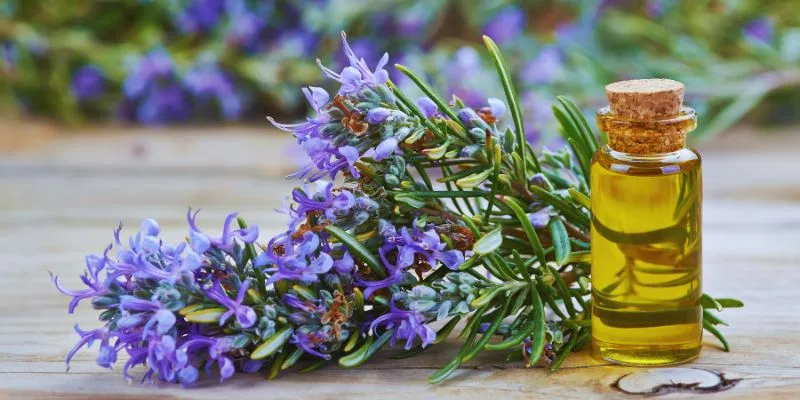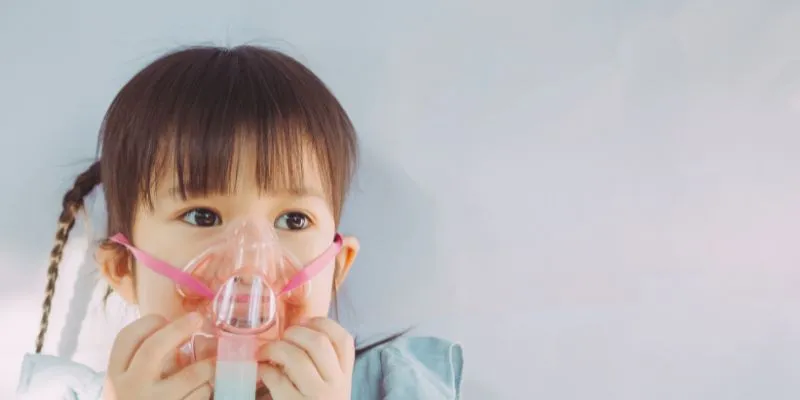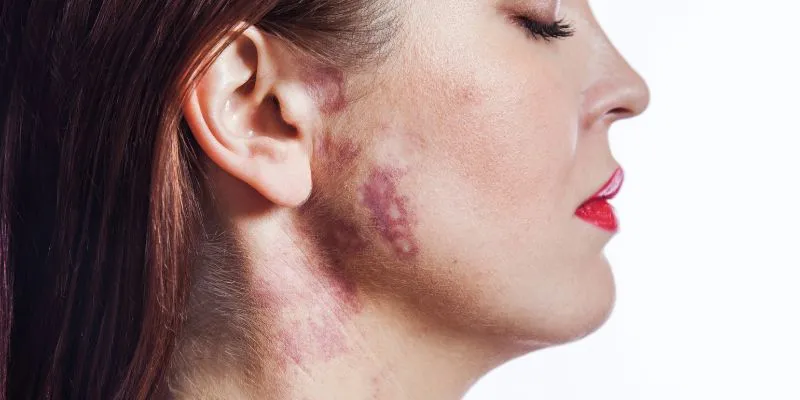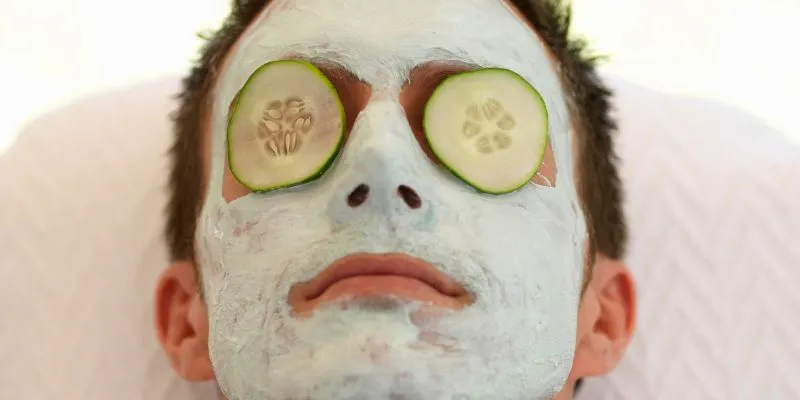The Surprising Benefits of a Short Cold Shower
Taking a cold shower may seem intimidating, especially if you’re accustomed to warm showers. Yet, exposing yourself to cold water for a short time is gaining recognition for its potential health benefits.
This article explores the various advantages of short cold showers, including enhanced mental clarity, improved circulation, and better skin health. Discover why adding this refreshing practice into your daily routine could be a simple yet effective way to boost your overall well-being.
The Health Benefits of a Brief Cold Shower
Taking a brief cold shower might sound daunting, but it offers several surprising health benefits. Here’s how a quick chill can positively impact your well-being:
Boosting Mental Clarity and Alertness
One of the most immediate benefits of a short cold shower is the boost in mental clarity and alertness it can provide. When you subject your body to cold water, it triggers a shock response that leads to a surge in adrenaline.
This adrenaline rush enhances your mental sharpness and focus. Additionally, cold exposure stimulates the release of norepinephrine, a neurotransmitter involved in improving attention and cognitive function. This sudden burst of energy can make you feel more awake and alert, helping you tackle your tasks with renewed vigor.
Strengthening Your Immune System

Cold showers may offer a boost to your immune system. Research suggests that exposure to cold water can enhance the production of white blood cells, which are essential for fighting infections. Cold water acts as a stressor that prompts your body to react by increasing the number of white blood cells in circulation. This heightened immune response can make your body more resilient to illnesses. While more research is needed to fully understand how cold exposure affects immune function, the evidence so far suggests that it could be a useful tool in maintaining overall health.
Enhancing Circulation
Taking a cold shower can also improve your circulation. Cold water exposure causes your blood vessels to constrict, which helps direct blood flow towards your vital organs. When you step out of the cold shower, your blood vessels dilate, leading to improved circulation throughout the body. This enhanced blood flow can support cardiovascular health and aid in the recovery of muscles after exercise. Good circulation is crucial for delivering oxygen and nutrients to various parts of your body, contributing to overall well-being.
Improving Skin and Hair Health
Cold showers can have beneficial effects on your skin and hair. Hot water tends to strip away the natural oils that keep your skin and hair hydrated. In contrast, cold water helps tighten the pores on your skin, reducing inflammation and potentially improving conditions like acne. For your hair, cold water helps to close the cuticles, which can enhance its shine and reduce damage. Regularly using cold water can help maintain healthy, vibrant skin and hair, giving you a more polished appearance.
Aiding Weight Management
Cold showers might support weight management efforts. Exposure to cold water forces your body to expend more energy to maintain its core temperature, a process known as thermogenesis. This increased energy expenditure can help burn additional calories. Furthermore, cold exposure may activate brown fat, a type of fat that burns calories to generate heat. Although cold showers alone are not a miracle weight-loss solution, they can complement a healthy lifestyle and exercise routine by aiding in calorie burning.
Reducing Muscle Soreness and Speeding Recovery
Athletes and fitness enthusiasts often use cold showers or ice baths to help with muscle recovery after intense workouts. Cold water immersion can reduce inflammation and numb sore muscles, alleviating discomfort and speeding up recovery. By reducing muscle soreness, cold showers can make it easier to resume your fitness routine without the extended downtime typically required for recovery. This benefit is particularly valuable if you engage in high- intensity or endurance exercises.
Enhancing Mood and Reducing Stress
Cold showers have been shown to have mood-boosting effects and can help manage stress levels. The shock of cold water stimulates the release of endorphins, which are natural chemicals in the brain that help improve mood and reduce pain perception. Additionally, regular exposure to cold water can lower cortisol levels, the hormone associated with stress. By incorporating cold showers into your routine, you might experience a reduction in stress and an overall improvement in your mood.
Promoting Better Sleep
For those struggling with sleep issues, a short cold shower before bed could offer benefits. Cold water exposure helps to lower your body temperature, which can be conducive to better sleep. Maintaining a cool body temperature has been associated with more restful sleep and improved sleep quality. If you have difficulty winding down at night, a cold shower might help you relax and prepare your body for sleep, leading to a more restful night.
Building Resilience and Mental Toughness

Adding cold showers into your routine can also help build mental resilience and toughness. Regularly facing the discomfort of cold water can train your mind to handle stress and adversity more effectively. This practice of enduring a challenging experience can help you develop a stronger, more adaptable mindset. Over time, the discipline and mental fortitude gained from taking cold showers can translate to other areas of your life, making you more resilient in the face of various challenges.
Conclusion
Incorporating a short cold shower into your daily routine can offer a range of health benefits, from enhanced mental clarity and immune function to improved skin health and mood. While the thought of cold water might be intimidating at first, the potential rewards make it a valuable addition to your wellness practices.
As with any new health practice, it’s important to approach it with care and consult with a healthcare professional if you have any concerns. Embracing the challenge of a cold shower could be a simple yet impactful way to boost your overall well-being and vitality.
